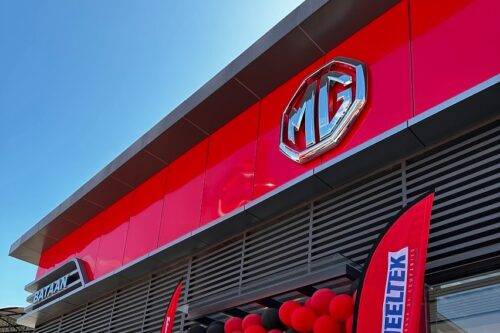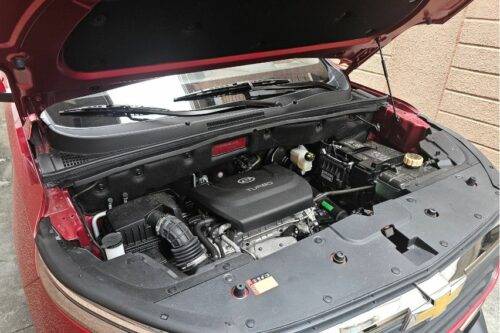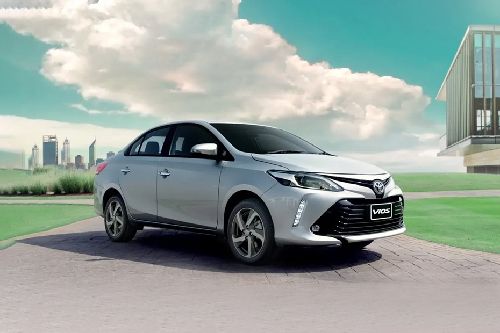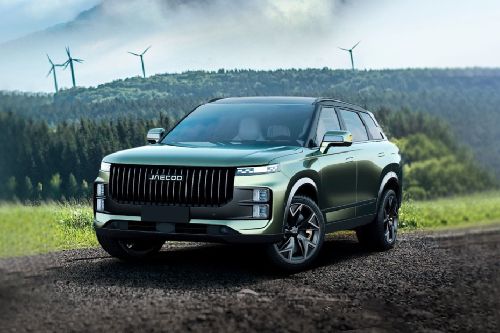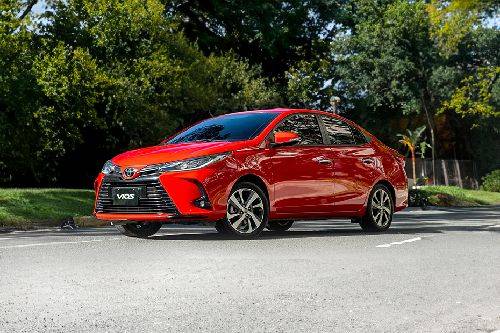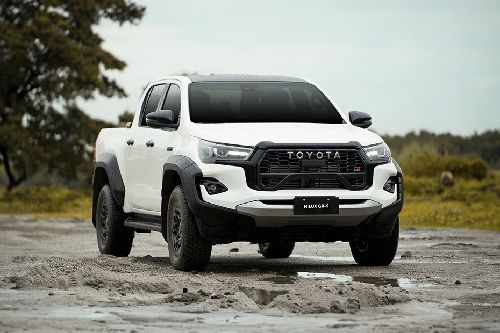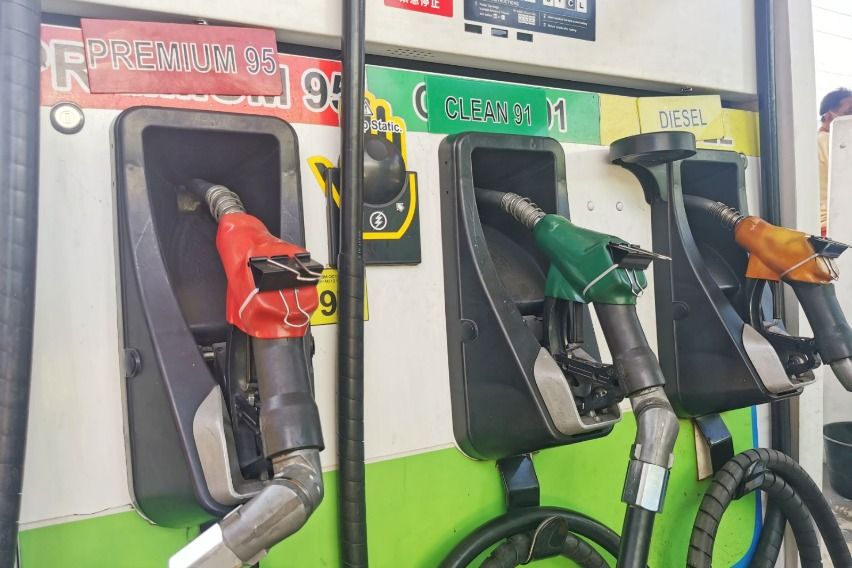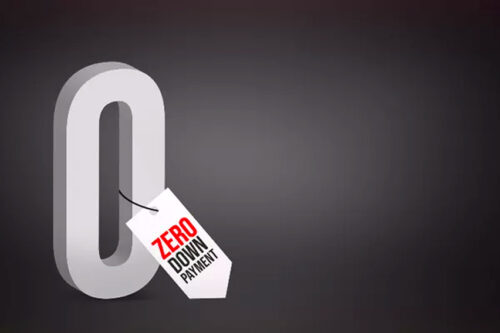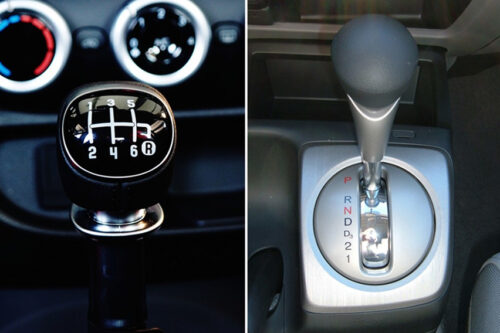Does your fuel's octane rating really matter?
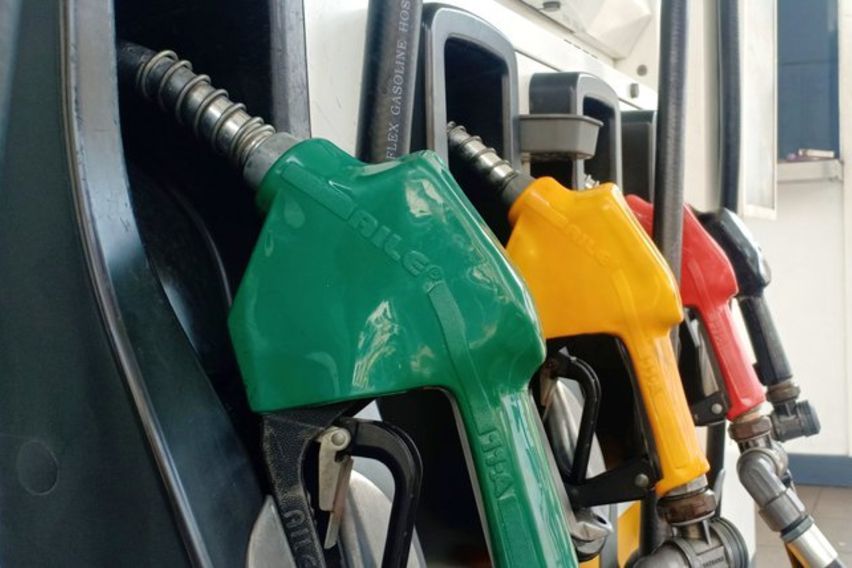
The typical mindset in purchasing something is that the most expensive is the best choice. Well, the case is different when choosing the right fuel for your car as there is a corresponding fuel type for each vehicle. Is it practical to use premium gas for your regular car?
First, you’ll need to know the required octane rating for your vehicle in order to know which fuel type you should be using.
The octane rating is the standard measure of the fuel’s capability to prevent engine knocking. A higher octane number means that the fuel has a higher resistance to premature ignition during combustion. Gasoline stations typically offer three classifications of octane: regular, mid-grade, and premium (try to get past the branding and figure that out per fuel brand).
The best way to find out which fuel works best for your vehicle is by basically following the octane rating that is indicated in the car’s manual. A higher fuel octane rating may be required by the manufacturer as it uses a higher compression ratio, which means that more air is squeezed into the engine. High-octane fuel also produces better road performance and less fuel consumption.
However, the Federal Trade Commission of the United States says that "high-octane gasoline doesn’t outperform regular octane in preventing engine deposits from forming, in removing them, or in cleaning your car's engine."
What may spell a difference are the cleaning additives that fuel companies put into their products. Typically, the more expensive fuels feature better heightened cleaning properties that protect against the build-up of harmful levels of engine deposits during the expected life of your car.
It may be recommended to use a higher-octane fuel than the required rating if you’re driving a heavy-duty vehicle as it can help in minimizing the carbon dioxide emission. However, it does not really provide any relevant advantage when driving under normal conditions. Of course, higher-octane fuel is more expensive as it is more expensive to make. But if you’re more concerned about the CO2 emission and the fuel usage, then it’s definitely fine to go for the higher octane fuel than what your manufacturer requires.
Meanwhile, it is not advisable to use a lower octane fuel than required as it may affect the engine performance and the emission control system.
Sell your car at the best price
 Verified and genuine buyers
Verified and genuine buyers
Trending & Fresh Updates
- Latest
- Popular
You might also be interested in
- News
- Featured Stories
Featured Cars
- Latest
- Upcoming
- Popular
Car Articles From Carmudi
- journal
- advice
- financing
- insurance














